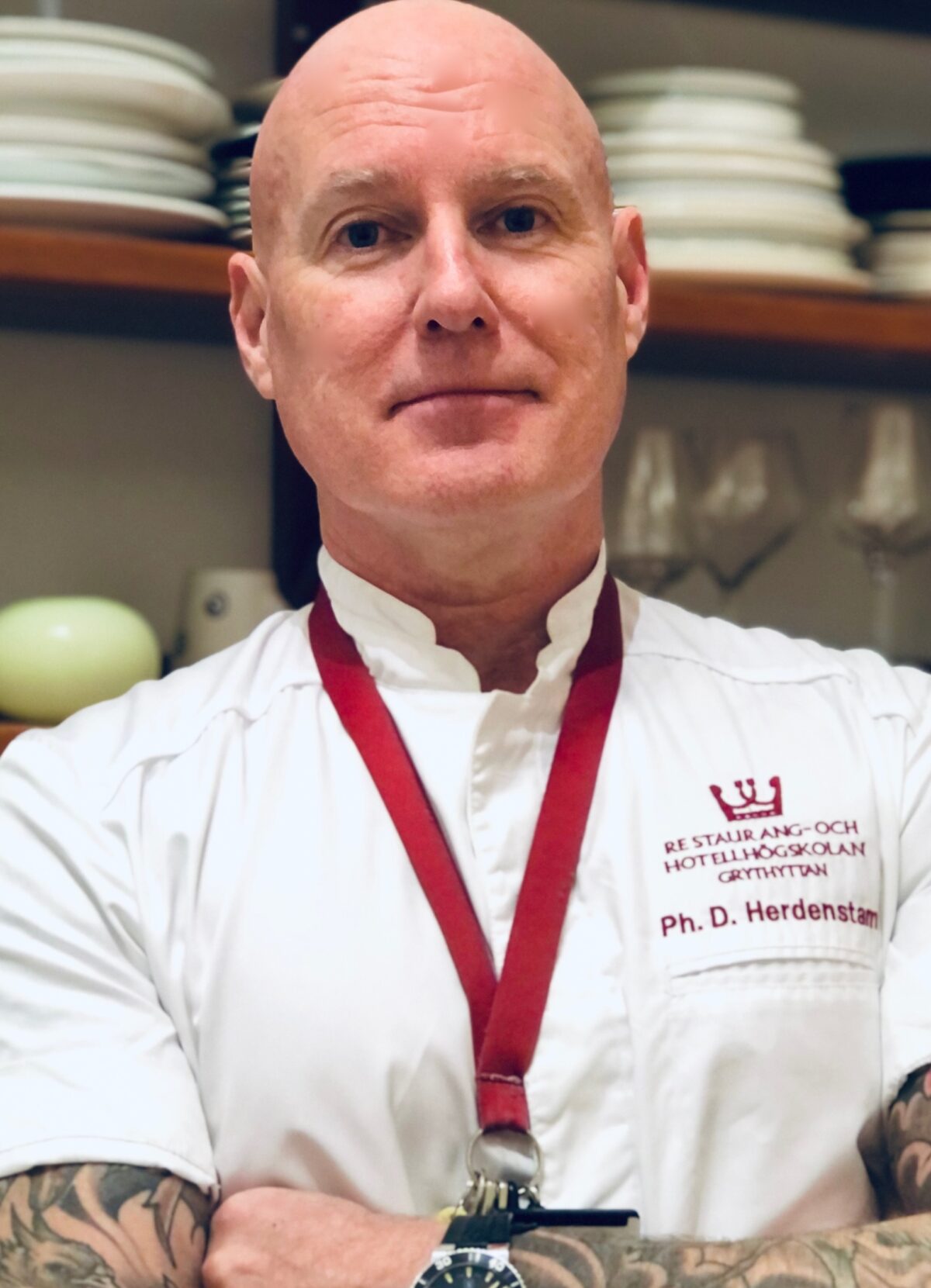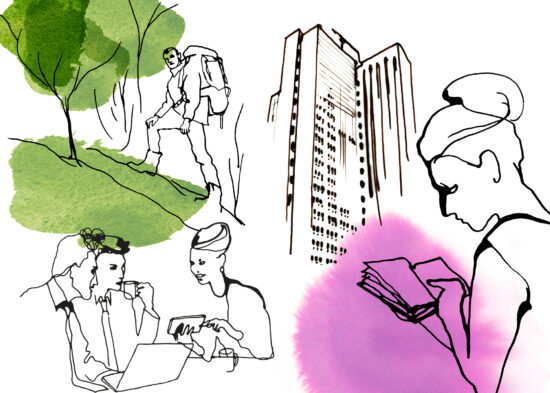Results from the project
BFUF Play
Anders Crichton-Fock, PhD, the School of Hospitality, Culinary Arts and Meal Science, Grythyttan campus, Örebro University
Winemaking is resource intensive and the environmental impact of production and handling is large. Grapes require a long growing season and after harvesting they are fermented, stored, bottled with newly manufactured glass and transported all over the world. One factor further increasing the environmental impact of wine is the large volume of unspoiled product that is disposed of every year. The Food Rescue Lab research project, funded by BFUF (the R&D Fund of the Swedish Tourism & Hospitality Industry), aims to rescue wines from the fate of being destroyed.
“During my many years as an employee, wine entrepreneur and hospitality industry researcher I have seen how much wine is simply poured down the drain. This is absolutely not sustainable. That’s why I have initiated the Food Rescue Lab project, part of the international research and collaboration platform ‘Rewine the world’ which I created with the goal of increasing resource utilisation. Together, we are investigating how we can reduce wine wastage,” says Anders Crichton-Fock, a university lecturer and researcher in the field of Meal Science and Hospitality at the School of Hospitality, Culinary Arts and Meal Science, Grythyttan campus, Örebro University.
Old wines get a new look
There are many reasons why a wine may be destroyed. Too much may have been produced, the wine may have lost its place in a permanent product range and thus its sales have decreased or a new vintage may have arrived and a stock of the old one remains. The character of the wine can also change from one year to the next, making it more difficult to market to the consumer.
Anders has set up his laboratory in a room at Fotografiska Museum. Here he ‘upcycles’ by creating new blends from discarded wines. When a wine arrives at the lab, Anders makes an initial analysis of its quality, status, flavour, aroma, texture and complexity. He then sorts the wines into four categories, experiments with them and uses them to create new wines. Several of the wines he has developed are now served as part of the restaurant’s tasting menu.
“The project is a collaboration between myself and the restaurant’s sommeliers and chefs. I develop blends to be matched with the food. With the equipment at the lab, I can sample, analyse and blend wines; bottle them in glass, pour them into cans, Keykegs or Flexikegs (both sustainable keg types) or even clean the old containers and create the wine’s new labels. The whole process is sustainable and all materials are recycled.”
Challenging guest expectations
An important part of the project is to change the narrative around what a wine should be and challenge customer expectations.
“When we order or are served a wine based on country, brand, vintage or grape variety, we have certain expectations about how it should taste. Here we are turning that on its head. One particular red wine was a blend of three discarded wines made from the same grape but from different vintages and regions. Guests are served a drink they cannot relate to or intellectually understand but instead are actually forced to experience with their senses. This requires that the staff find a different way of communicating and storytelling and also that guests be willing to face their prejudices.”
So far, guests at Fotografiska’s restaurant have welcomed the project.
“We began testing the project before the summer, the reception was very positive and it has continued to be a great success. Many people say they can’t quite believe it. It shows that it is possible to change concepts of what wine should be and ideas about what we are paying for. This is the beginning of a sustainability journey” Anders concludes.
About the project
Participating companies: Fotografiska Stockholm, Växthuset and Trädgården in Stockholm and FoodLoopz
Find out more about the method Anders has developed to repurpose food products at risk of becoming food waste here.
Project facts
Project
Reduced wine waste in the hospitality industry
Research organization
Grythyttan Culinary Science & Innovation Inc.
Year
Sept. 2023 – March 2024
Anders Crichton-Fock



